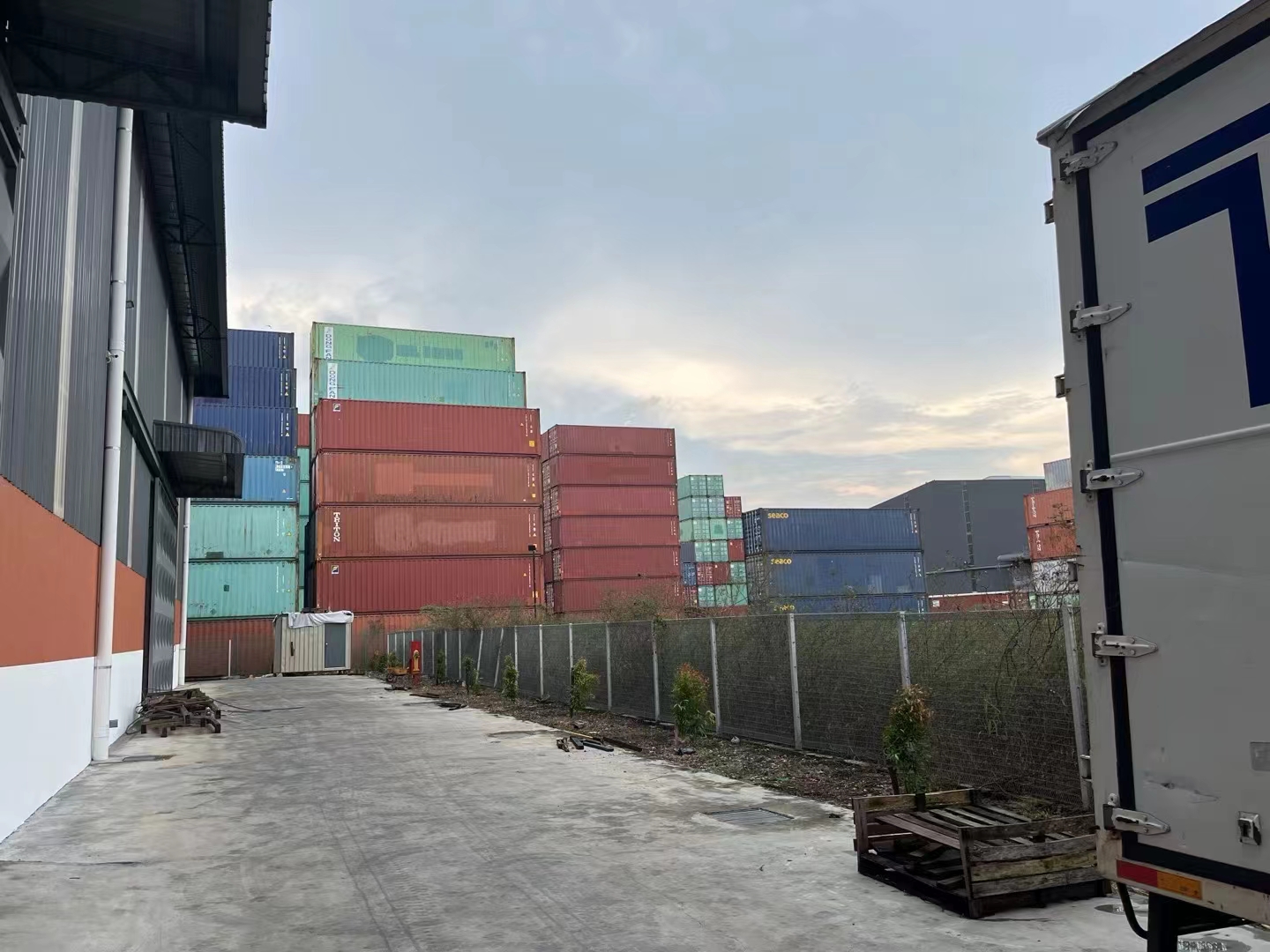EN
BlogBy: CMTrans Aug 09,2024
Under EXW (Ex Works), the seller’s responsibility ends when the goods are made available at their premises. The buyer bears all costs and risks involved in transporting the goods from the seller’s location to the destination. This term places the maximum obligation on the buyer and minimum obligations on the seller. It is often used when the buyer can handle the logistics and import process independently.
FOB (Free on Board) means the seller is responsible for delivering the goods onto a vessel chosen by the buyer. The risk transfers to the buyer once the goods are loaded on board. This term is beneficial for buyers who want more control over the shipping process. For instance, if you’re importing machinery from China, FOB allows you to manage your preferred shipping and insurance arrangements.
With CIF (Cost, Insurance, and Freight), the seller covers the cost of transporting the goods to the destination port, including insurance against loss or damage during transit. The risk transfers to the buyer once the goods are loaded onto the vessel. CIF is commonly used for sea freight because it provides a balanced approach where the seller handles shipping logistics and insurance, making it easier for the buyer.
DDP (Delivered Duty Paid) puts the maximum responsibility on the seller, who pays for all costs, including shipping, insurance, and import duties, to deliver the goods to the buyer’s location. The seller bears all risks until the goods are delivered. This term is advantageous for buyers who prefer a hassle-free shipping process, as the seller manages the entire logistics chain.
Choosing the right Incoterm is essential for managing risk and cost distribution effectively. Incoterms define who pays for shipping, insurance, and duties, and where the risk transfers from seller to buyer. For example, EXW places most of the responsibility on the buyer, while DDP places it on the seller.
Each Incoterm specifies the responsibilities of the buyer and seller. Understanding these responsibilities helps avoid misunderstandings and conflicts. For instance, under FOB, the seller must ensure the goods are safely loaded onto the vessel, while the buyer handles the insurance and transportation from that point. Choosing an Incoterm that aligns with your logistics capabilities and risk appetite can streamline the shipping process and reduce costs.
| Incoterm | Seller’s Responsibility | Buyer’s Responsibility | Risk Transfer Point |
|---|---|---|---|
| EXW | Make goods available at premises | All transportation, insurance, import duties | At the seller’s premises |
| FOB | Deliver goods on board vessel | Shipping, insurance from loading onward | Once goods are loaded on the vessel |
| CIF | Shipping to port, insurance | Import duties, further transportation | Once goods are loaded on the vessel |
| DDP | All costs, including duties | None until delivery | At the buyer’s specified destination |
Choosing the right Incoterm ensures a smooth and efficient shipping process, tailored to your specific needs and capabilities.
When selecting a sea freight forwarder, their experience and reputation are crucial. An experienced forwarder will have extensive knowledge of shipping routes, customs regulations, and logistics management. Look for companies with a proven track record and positive reviews from clients. For example, a forwarder with over 20 years of experience in handling shipments from China to Europe demonstrates reliability and expertise.
A strong network and solid partnerships with shipping lines, port authorities, and local agents are essential for efficient freight forwarding. A well-connected forwarder can offer better rates, faster transit times, and priority handling. For instance, a forwarder with partnerships with major shipping lines like Maersk or COSCO can secure better slots and rates for your shipments.
Excellent customer service and support are vital for a smooth shipping experience. Choose a forwarder that provides responsive communication, real-time tracking, and dedicated account managers. This ensures that any issues or questions are promptly addressed, minimizing delays and ensuring peace of mind. A forwarder with a 24/7 customer service team can be a significant advantage.
China is home to several top-tier freight forwarders known for their reliability and efficiency. Companies like SINO Shipping, Sinotrans, DHL Global Forwarding, and Kuehne + Nagel have extensive networks and offer comprehensive logistics solutions. Sinotrans, for example, is one of the largest logistics companies in China, providing end-to-end services from warehousing to customs clearance. Similarly, DHL and Kuehne + Nagel are renowned for their global reach and robust customer service, ensuring your shipments are handled with the utmost care and efficiency.

The Bill of Lading (B/L) is a crucial document in sea freight. It serves as a receipt for the shipped goods, a contract between the shipper and the carrier, and a document of title. This document details the type, quantity, and destination of the goods. It is essential for customs clearance and must be accurately filled out to avoid delays.
A Commercial Invoice is a key document that provides detailed information about the goods being shipped. It includes the seller’s and buyer’s information, description of goods, quantity, price, payment terms, and shipping details. This invoice is used by customs authorities to determine the duties and taxes payable, making accuracy crucial.
The Packing List is a detailed list of the contents of the shipment. It includes information on the number of packages, dimensions, weight, and description of each item. This document helps in the verification of goods during customs clearance and ensures that all items are accounted for during transit.
A Certificate of Origin certifies the country where the goods were manufactured. It is required by customs authorities to determine the tariffs and duties applicable to the shipment. This document is particularly important for goods subject to preferential duty rates under trade agreements.

CMTrans is the Best Freight Forwarder Parther in China, With The Best Price and Services Help You Shipping Goods From China to Worldwide.
Back to Top
Copyright © 2025 Jiangsu Chenmao International Logistics Co.,Ltd. All Rights Reserved
Design by BONTOP.